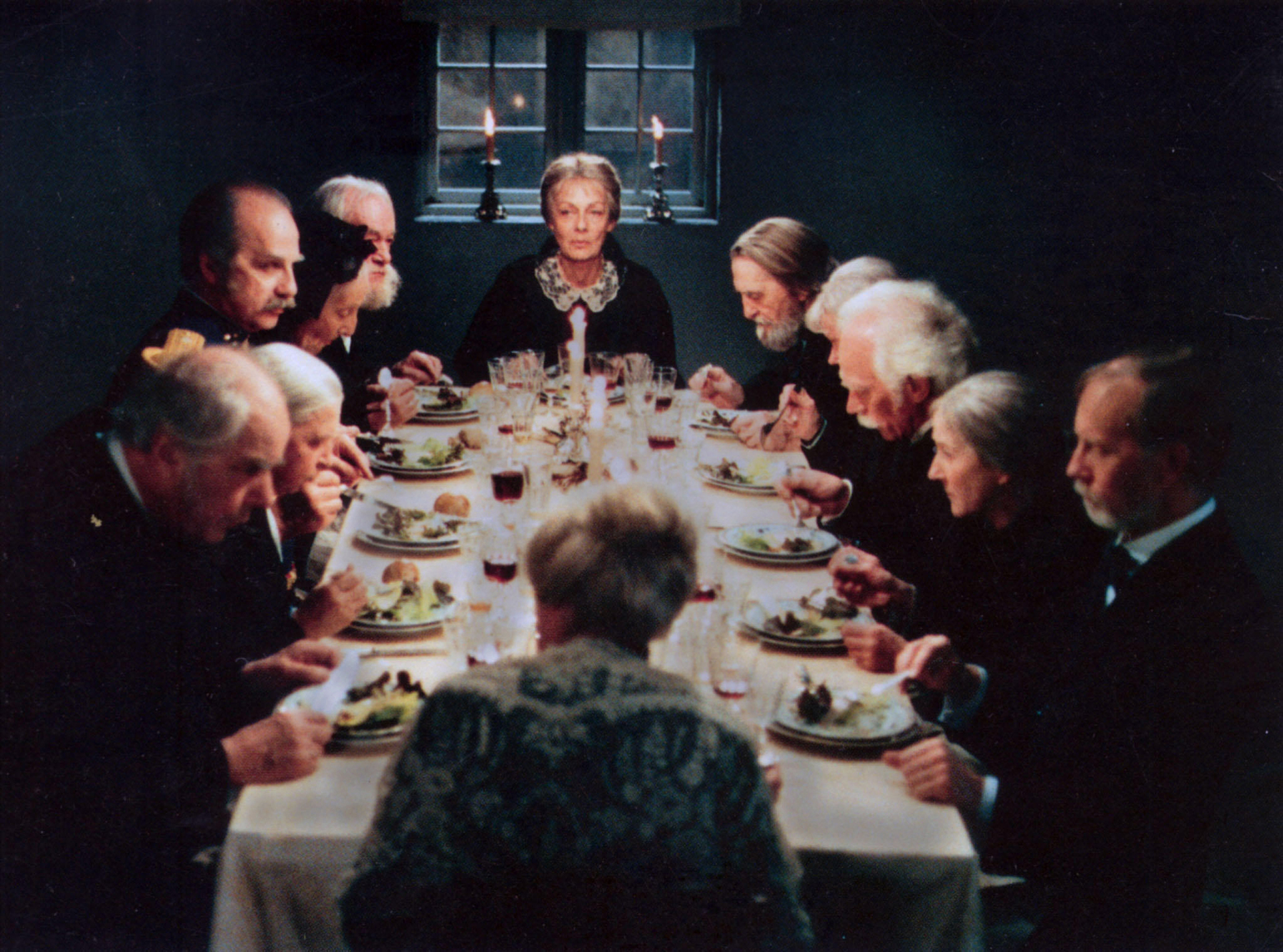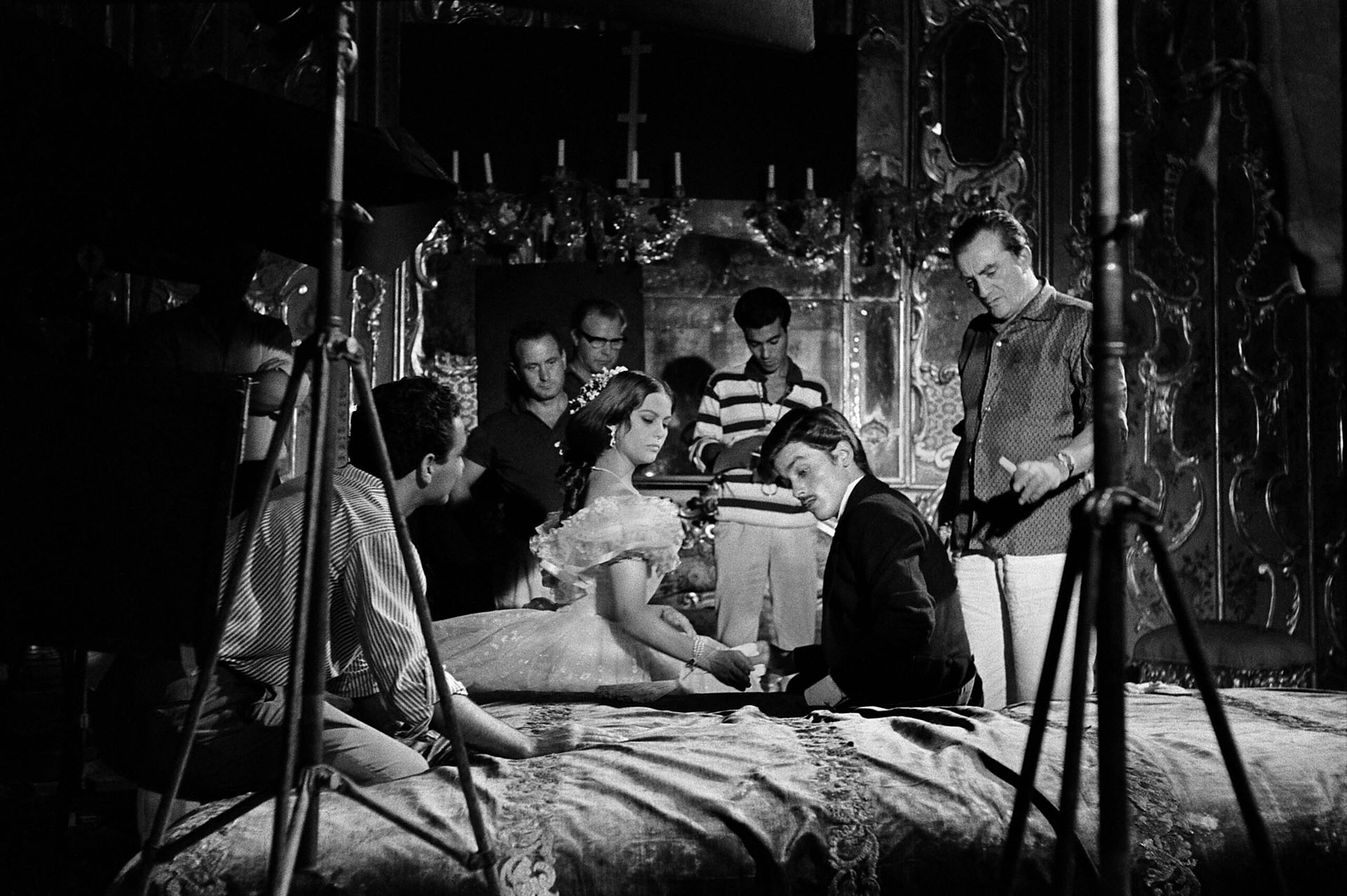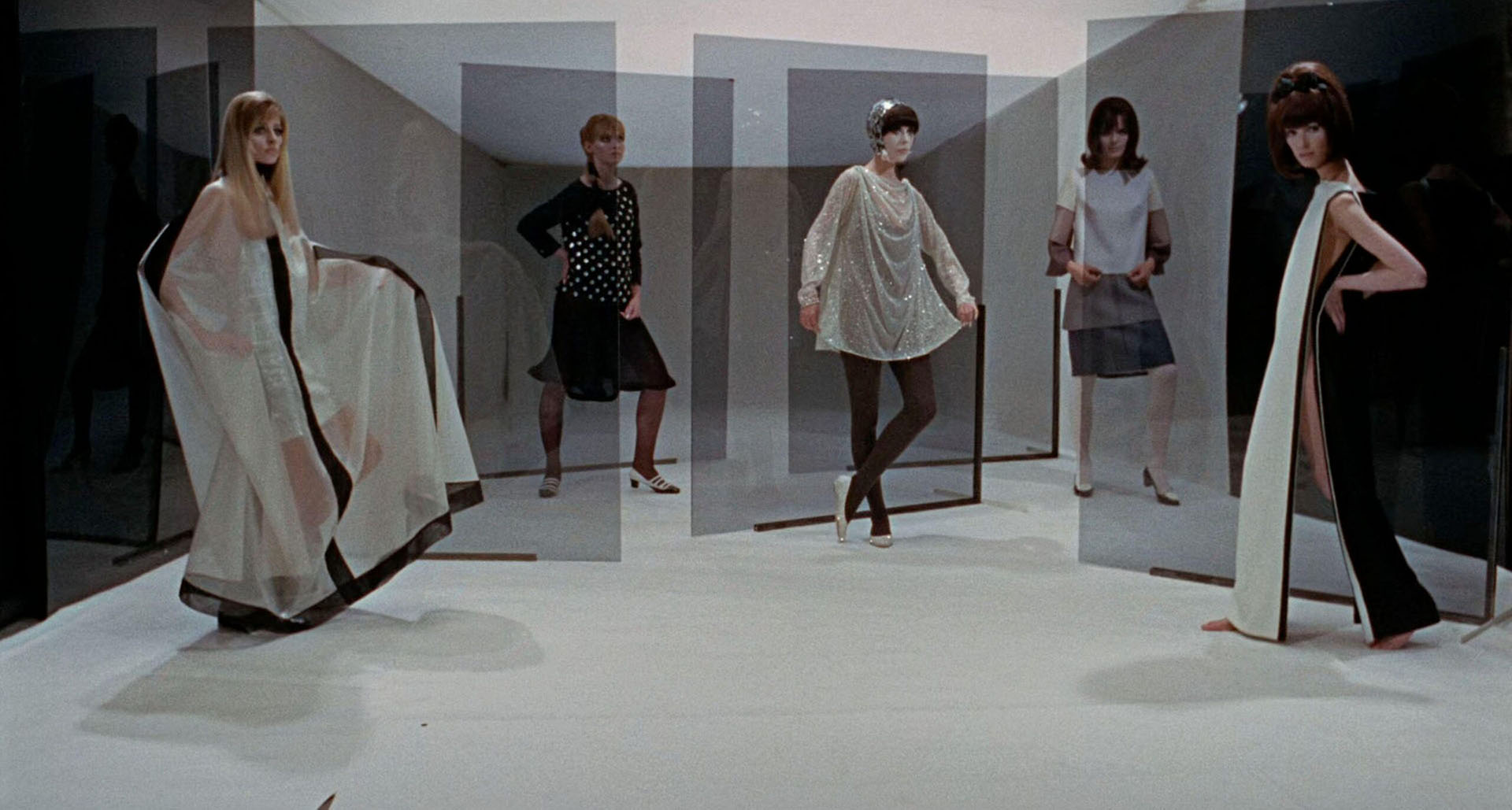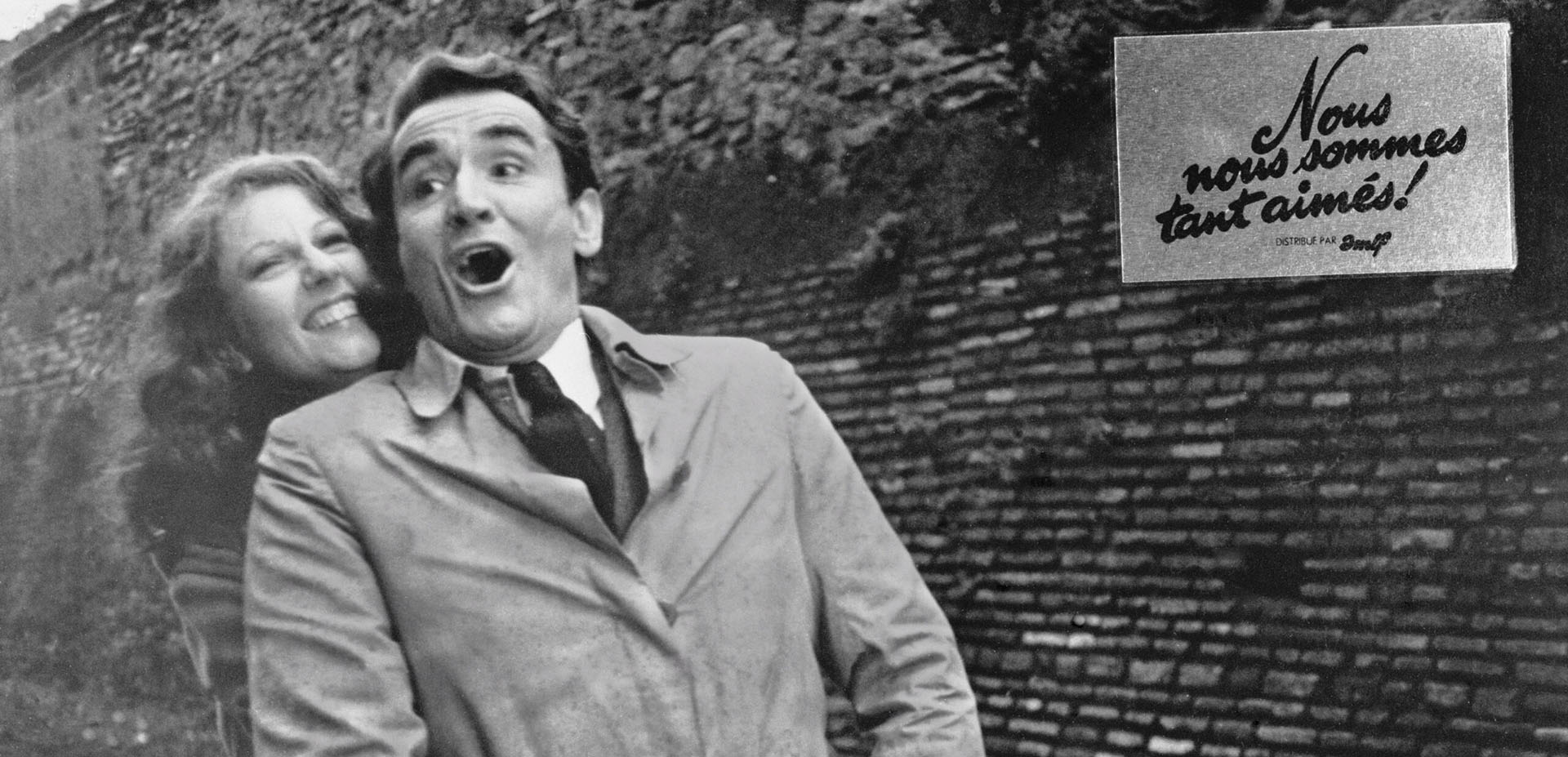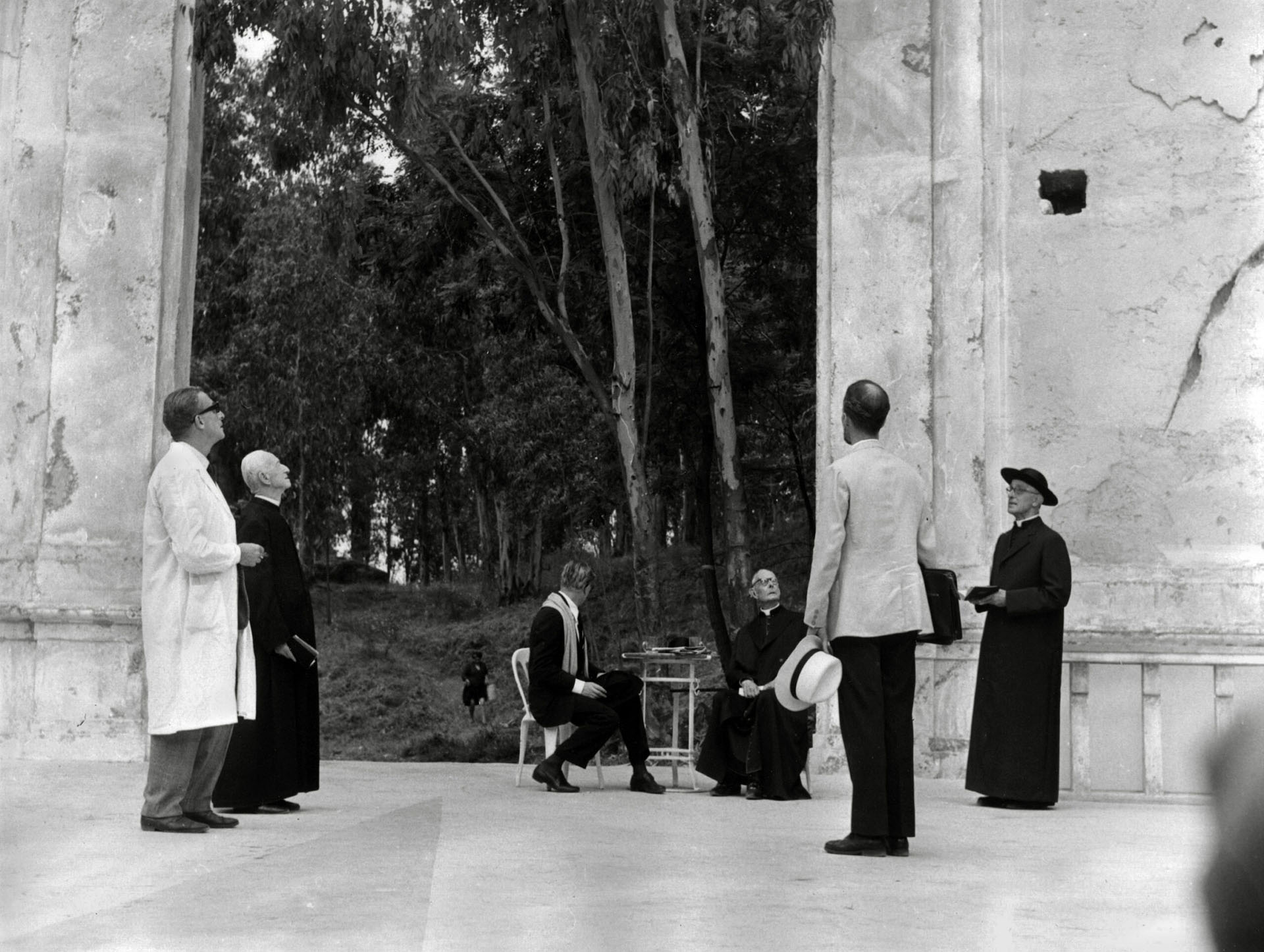
di cosa si tratta?
Armonia è una parola quasi del tutto scomparsa dal vocabolario degli architetti. Eppure oggi, proprio grazie a un rinnovato dialogo tra scienza e sapere umanistico, è possibile e necessario ricostruire una nuova sintonia tra l’uomo e le sue azioni, le sue esperienze e l’architettura.
in quale modo?
Attraverso un Brief, TUNED elabora dei documenti e degli schemi grafici in grado di guidare lo sviluppo del progetto preliminare facendo in modo che, messe insieme le esigenze funzionali e normative, e i requisiti del contesto, si possa realizzare un’architettura sia sostenibile quanto perfettamente orientata ai bisogni psico-fisici delle persone.
